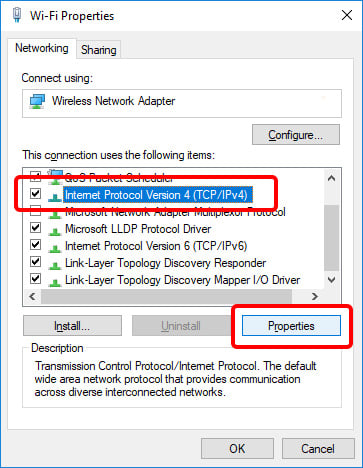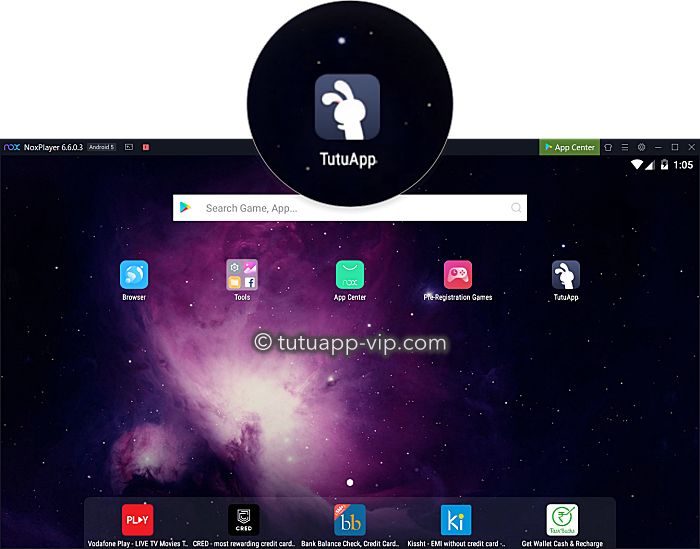

- Mac windows emulator dns issue for mac#
- Mac windows emulator dns issue update#
- Mac windows emulator dns issue android#

The Emulator gets DNS ⦠Previously, we have covered how you can use ADB and the things that you can do using ADB, and I’m sure you must have wondered if there’s a way to use ADB wirelessly. On the left pane, click Change adapter settings.
Mac windows emulator dns issue android#
Hack Any Android Device Hello, friends welcome to the Tricky Worlds, I hope you have Shared And liked our previous post on the android Trick. We also recommend that you join the Docker Community Slack and ask questions in #docker-desktop-mac channel.The phone is a Samsung Galaxy S4, with Android 4.3.
Mac windows emulator dns issue for mac#
Let us know your feedback by creating an issue in the Docker Desktop for Mac GitHub repository.
The Restart option in the Docker menu works. The updated version includes a change that should improve disk performance. Removed hard-coded IP addresses: Docker Desktop now dynamically discovers the IP allocated by macOS. The and vm.docker.internal DNS entries now resolve. Kubernetes now works (although you might need to reset the cluster in our Troubleshoot menu one time to regenerate the certificates). HTTP proxy support is working, including support for domain name based no_proxy rules via TLS SNI. Mac windows emulator dns issue update#
The build should update automatically to future versions. Inter-container HTTP and HTTPS traffic is now routed correctly. Update to Linux kernel 5.10.25 to improve reliability. Docker Desktop now reduces the idle CPU consumption. Docker Desktop now ensures the permissions of /dev/null and other devices are correctly set to 0666 ( rw-rw-rw-) inside -privileged containers. Users may occasionally experience data drop when a TCP stream is half-closed. To test the network, we recommend using curl or wget. ping from inside a container to the Internet does not work as expected. We expect this issue to become less common over time, as more and more images are rebuilt supporting multiple architectures. We recommend running arm64 containers on Apple Silicon machines whenever possible, and encouraging container authors to produce arm64, or multi-arch, versions of their containers. In summary, running Intel-based containers on Arm-based machines should be regarded as “best effort” only. Even when the containers do run correctly under emulation, they will be slower and use more memory than the native equivalent. In addition, filesystem change notification APIs ( inotify) do not work under qemu emulation. However, attempts to run Intel-based containers on Apple Silicon machines under emulation can crash as qemu sometimes fails to run the container. You can work around this issue by using a mariadb image. 
In particular, the mysql image is not available for ARM64. You can add -platform linux/amd64 to run an Intel image under emulation. Not all images are available for ARM64 architecture. We expect to fix this in a future release.







 0 kommentar(er)
0 kommentar(er)
